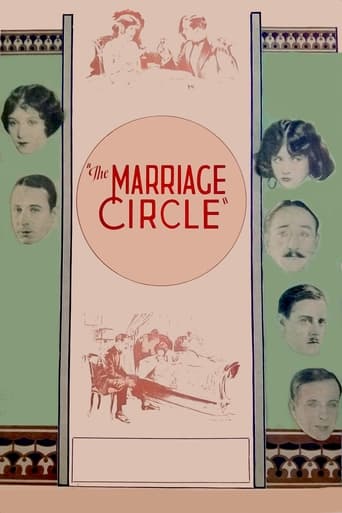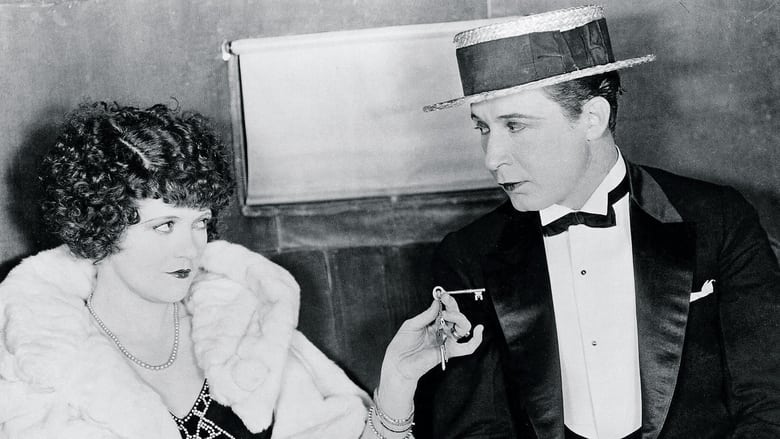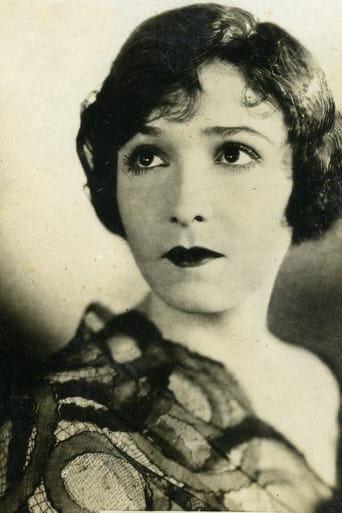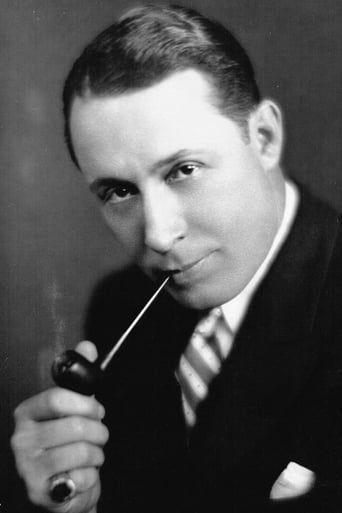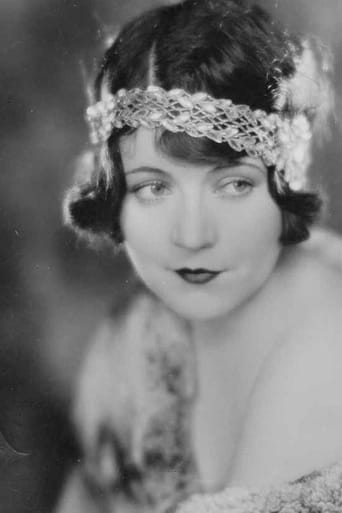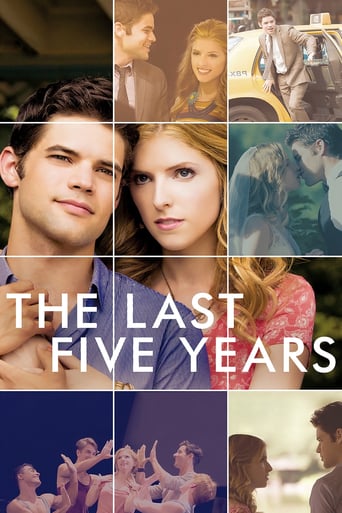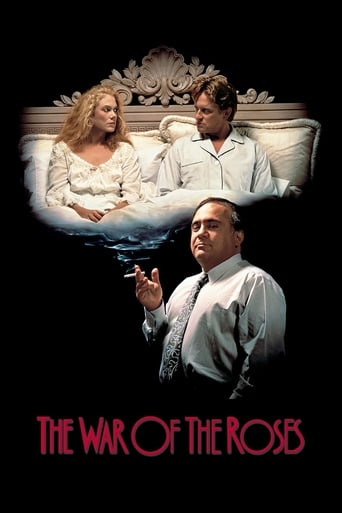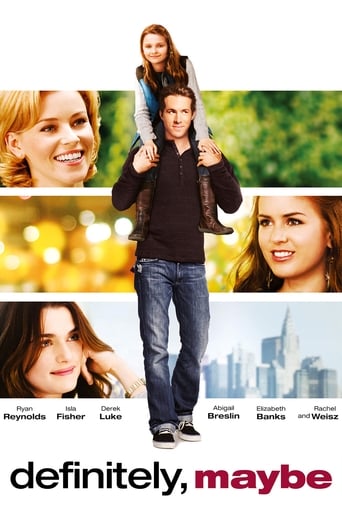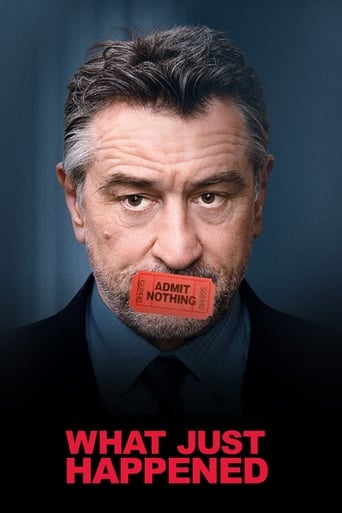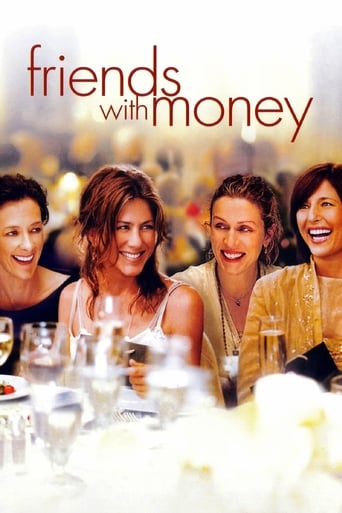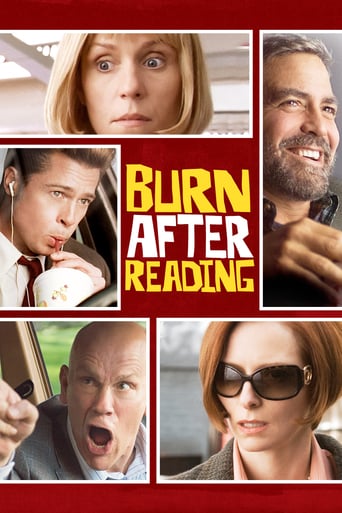The Marriage Circle (1924)
Professor Stock and his wife Mizzi are unhappily married. The professor, suspicious of his wife, hires a detective to spy on her in hopes of obtaining a divorce. Mizzi sets her sights on seducing Dr. Franz Braun, the new husband of her good friend Charlotte. Dr. Braun's colleague, Dr. Mueller, who has his eye on Charlotte, sees this as his opportunity. Through a misunderstanding, Charlotte thinks that her husband is interested in Miss Hofer, and asks Mizzi to keep him occupied... around and around the circle goes in Lubitsch's refined comedy of mistaken infidelity.
Watch Trailer
Cast


Similar titles
Reviews
hyped garbage
There's no way I can possibly love it entirely but I just think its ridiculously bad, but enjoyable at the same time.
It's easily one of the freshest, sharpest and most enjoyable films of this year.
It's the kind of movie you'll want to see a second time with someone who hasn't seen it yet, to remember what it was like to watch it for the first time.
I had to see this film for two reasons: I love silent movies and I love the films of Ernst Lubitsch. So, since it was BOTH, I felt it would be a terrific film. Unfortunately, it really was nothing out of the ordinary--even if the film looked good.The film is about the wacky world of adultery. It concerns two couples and a guy who all get wrapped up in a case of partner-hopping. One lady is married to a nice guy but all she seems interested in doing is chasing men. He suspects and hires a private detective to follow her. The current object of her desire is her best friend's husband. As for this friend and her husband, they are both idiots. He wants to be a good and faithful husband but puts himself in bad situations. Several times throughout the film, I just wanted to see him belt the hussy! As for his wife, I really, really disliked her. Again and again, she pushed her husband away from her and distrusted him--as if she was trying to get him to cheat on her. And, at the same time, the husband's partner starts making the moves on her.All this is supposed to be sophisticated and witty. The problem is, it's not the least bit witty. It manages to make adultery seem a bit dull, actually. And, as the characters are mostly unlikable, I found it really hard to actually care about them or their plights. At best, this film is ordinary. Fortunately, Lubitsch went on to far better things.
Silent cinema is not inherently inferior to the sound cinema, but many silent pictures, especially those from the early-to-mid 1920s, seem stilted in comparison to their talkie counterparts due to an over-reliance on title cards, and a lack of faith in the audience's ability to "read" images. Fortunately, they aren't all like this, thanks to the inventive boldness of the era's greatest filmmakers.To start at the very beginning (a very good place to start), The Marriage Circle is the first comedy Ernst Lubitsch made in Hollywood. It's been pointed out that there was an abrupt change in pace compared to his earlier Berlin comedies, which were non-stop riotous farces. This is true, but The Marriage Circle also sees an enormous shift in tone. Lubitsch's pictures in his home country were absurd to the point of being surreal, staged with an emphasis on exaggeration and peopled with theatrical caricatures. The Marriage Circle however depicts a reasonably realistic situation, albeit a comically improbable one. There is no slapstick here, but neither is it a witty verbal comedy. Instead the humour derives from numerous misunderstandings as five characters become innocently entangled a complex love pentagon. In this, the audience is omniscient – we know everything that is going on – whereas each character knows only enough to make them misconstrue. Lubitsch's problem then, was how to convey this to the audience without spoon-feeding them every detail, and above all keep it funny.He does it, not just by showing us everything, but by showing us how things are seen by everyone. The camera is never merely presentational; it is always within the action. In virtually every shot, we are either seeing things from a character's point of view or we are focusing on a character's reaction. The angles are never external, watching the players interact with one another; they are always down the line, putting us inside the interaction. And Lubitsch is brave enough – and knows we are intelligent enough – to switch quickly from one perspective to another. For example, in the scene where Mizzi (thinking she is onto something) embraces Dr Braun, we go from Muller seeing them from behind and assuming Mizzi is Charlotte, to his seeing Charlotte in the waiting room (and thus realising the woman in the embrace can't have been Charlotte), to Braun realising Charlotte is watching, to Charlotte realising Braun has been dallying with a female patient whom she doesn't realise is Mizzi! As you can see, it all sound rather confusing when put it into words, but on screen it's a cinch to follow.But that's not all that's going on here. As well as getting the right angles on the action, Lubitsch throws in some subtle tricks to imply rather than state the way things are. In the opening scene, it is clearly established that the Stocks's marriage is not the most harmonious, but it is one simple moment that reveals the true extent of the breakdown. Adolphe Menjou sees his wife get into a cab with another man, assuming (wrongly of course!) she may be having an affair. He turns to the camera, his expression unreadable. And then, slowly, a smile spreads over his face.And this leads me neatly onto the next point, that it is as much the skills of the actors that make this wordless fiasco workable. The two lead men, Adolphe Menjou and Monte Blue, are not comedy actors in the normal sense, but they exhibit great comic timing and control. Just as the story is believable but unlikely, their performances are naturalistic but extreme. Menjou is the master of the withering glance and the long-suffering sulk. You get the impression, just by looking at his face, that here is a man who was not cut out for marriage. Blue, on the other hand, expertly portrays the complete opposite, a modest and honest man who seems unaware of his own attractiveness. You pick up his character from some neat little gestures; such as him nervously pulling at his collar to cool off – something you normally only see cartoon characters doing. Florence Vidor has the restrained demeanour of the only entirely normal person caught up in this situation, and gives a wonderful straight performance that counterpoints all the others. Creighton Hale is the only one of the players who is somewhat hammy and unrealistic, but as a more marginal and somewhat ridiculous character, he is allowed, and even helps give the picture its slightly silly edge. Marie Prevost is the only one of the five who is not exceptional, but she is by no means bad, and at least fits the part.Lubitsch himself claimed this was his favourite of all his own pictures, and the only one which if he had to do again he would change nothing. It was well liked by his contemporaries too, and in the dying days of the silent picture you can see a significant move towards more sedate and subtle silent comedies, especially in the work of directors like Rene Clair and Leo McCarey. And after that of course, the talkies would come along, and it would all change again.
Mainly of interest to those looking for Lubitsch touches, of which there are a goodly number. Hollywood has had a difficult time cleaning up European sex comedies for the American market without losing the zip.This picture is an example of this problem. Very good costumes and sets, but the story is not engaging.
A superb, honest, tender romantic comedy of manners, which features acting today's performers would be hard to match. You can laugh and feel for these characters. Ernst Lubitsch's smart direction keeps the movie always interesting, never dated."The Marriage Circle" should be required viewing for today's filmmakers. They'd learn how to reveal characters in emotionally complicated situations with minimum dialogue. And how to tell a story with minimum dialogue. And be funny.

